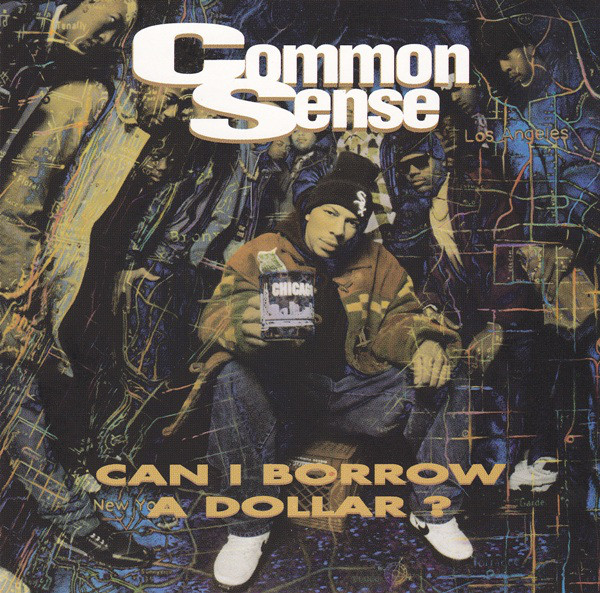Logan Square
bricks & cement
implement
casitas y bodeguitas;
scents of the Latin diaspora –
olfactory Cuban paintings
and gathering of elders
at Café con Leche;
rice & beans & empanadas
salsa y reggaeton jukebox,
santeria summonings.

Logan Square
bricks & cement
implement
casitas y bodeguitas;
scents of the Latin diaspora –
olfactory Cuban paintings
and gathering of elders
at Café con Leche;
rice & beans & empanadas
salsa y reggaeton jukebox,
santeria summonings.
HARDSCRABBLE
Common sense would tell us we are born free.
Unfortunately, that is not always the case (or may not remain so for very long). After getting acclimated to this world, we are later governed by it – its stipulations outweigh your potential, which determines your net value. You become commodified and forced to sell your gifts to the highest bidder for the rest of your existence. Should you resist, you assume a fate of perpetual hardship and struggle.
Much of my outlook is based upon my observations and experiences as a native and resident of Chicagoland. The Windy City is a political game of opportunity driven by displaced ambition within a setting of scarcity. It generates a sense of desperation lending itself to criminal thinking and acting, plus feelings of fear and resentment. In such a setting, it may seem difficult to celebrate the achievements of others when your own success is not guaranteed.
Many escape to warmer and/or wealthier climates to tread the greener grass. Some return home to what is familiar and cut their losses instead…
There is also hope in struggle and that’s when Chicago serves as a bedrock of faith and springboard for progress. If you can make it in or through Chicago, you can definitely make it anywhere. Either way, if you embrace the City of Big Shoulders she will carry you forward.

Zen-like life-Force >
the flow of ideas quickens beyond chronicle..
My last liberal cup
of coffee astral projected
from Hyde Park to Riverside
one late weekday morning..
No longer ‘agreeing’
with conservative ideas,
I now live and breathe them;
In other words,
no longer a liberal
transformed.